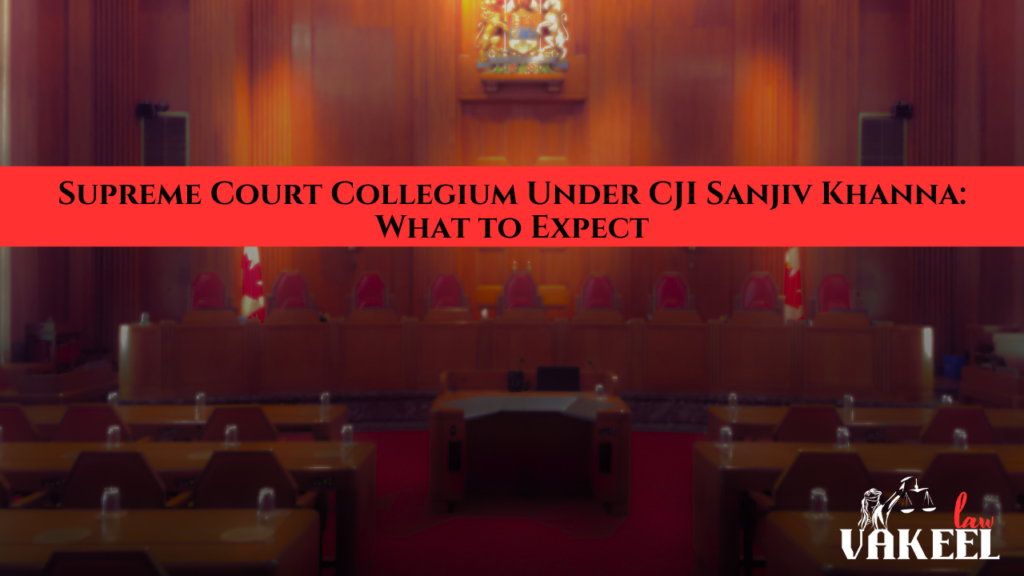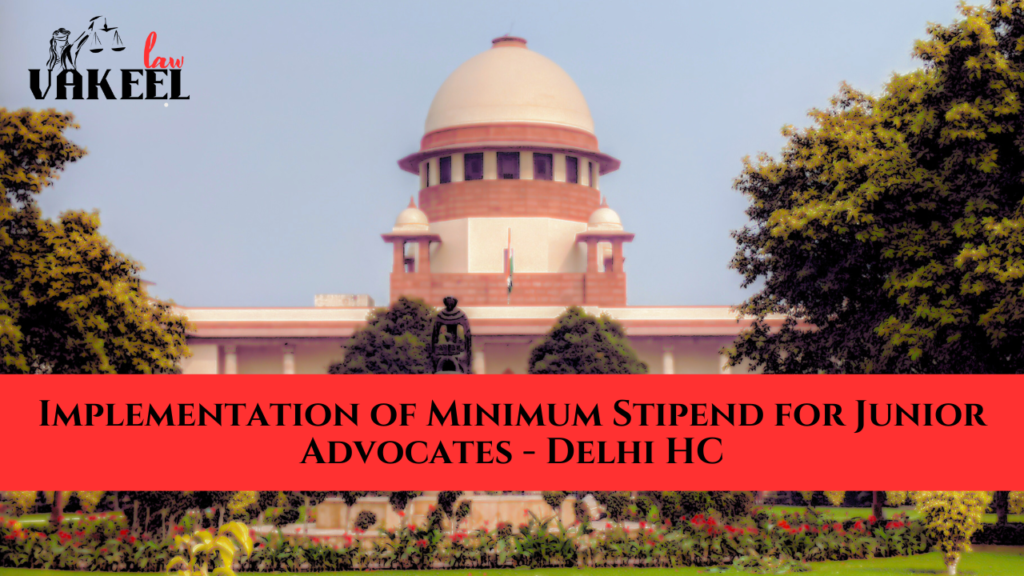With Chief Justice Sanjiv Khanna starting his term on November 11, the Supreme Court Collegium will see a stable lineup during his six-month tenure. This group, comprising the five most senior judges, plays a crucial role in appointing and transferring judges across India’s constitutional courts. Currently, it includes CJI Sanjiv Khanna, along with Justices BR Gavai, Surya Kant, Hrishikesh Roy, and Abhay S Oka. Over the next few months, only one change will occur, when Justice Vikram Nath joins after Justice Roy’s retirement on January 31, 2025.
Members of the Collegium
Here’s a list of the members of the collegium:
Chief Justice of India Sanjiv Khanna
Justice Khanna began his career as a lawyer in 1983, working on cases related to constitutional, commercial, and environmental law. He became a judge of the Delhi High Court, where he served for 14 years, and later joined the Supreme Court in 2019. He will serve as CJI until May 13, 2025, totaling 183 days.
Justice Khanna has been part of several significant Constitution Bench judgments, including the rulings on Article 370 and electoral bonds. He has a judicial legacy as well, being the son of Justice Dev Raj Khanna and the nephew of former Supreme Court Justice HR Khanna, known for his dissent in a landmark case during the Emergency.
Justice BR Gavai
Appointed to the Supreme Court in 2019, Justice Gavai previously served as a judge at the Bombay High Court. He is noted for his expertise in constitutional and administrative law and is recognized as the second Dalit Chief Justice after Justice KG Balakrishnan. He will assume the role of CJI after Justice Khanna, from May 14 to November 23, 2025. Justice Gavai recently contributed to rulings on issues like demonetization and sub-classification within reserved categories, advocating for identifying the “creamy layer” among these groups.
Justice Surya Kant
Justice Kant, initially a lawyer in constitutional and civil matters, held various roles before being appointed to the Supreme Court in 2019. He served as Advocate General for Haryana and was Chief Justice of the Himachal Pradesh High Court. Justice Kant is set to become CJI from November 24, 2025, to February 9, 2027. Known for his expertise in minority rights, he recently dissented in a decision about minority educational institutions, asserting that such status depends on being established and run by a minority.
Justice Hrishikesh Roy
Justice Roy was initially appointed as a judge of the Gauhati High Court, later becoming Chief Justice of the Kerala High Court before his Supreme Court elevation in 2019. His recent decisions cover a broad range of topics, including euthanasia guidelines and electoral appointments. Justice Roy will retire in January 2025, after which Justice Vikram Nath will replace him in the Collegium.
Justice Abhay S Oka
Justice Oka started his career as an advocate in Thane, Maharashtra, and later served as Chief Justice of the Karnataka High Court before joining the Supreme Court in 2021. Known for his rulings on matters like the retrospective effect of Supreme Court judgments, Justice Oka has handled cases that impact mining and state taxation powers. He will retire in May 2025, ending his tenure in the Collegium.
Justice Vikram Nath
Justice Nath, known for initiating live-streaming of court proceedings as Chief Justice of the Gujarat High Court, joined the Supreme Court in 2021. He will succeed Justice Khanna in the Collegium and ultimately become CJI from February 10, 2027, until September 23, 2027. Justice Nath has been part of major cases, including rulings on sub-classification within reserved categories and tenure extension matters.
Outlook for the Collegium
Throughout CJI Khanna’s term, the Collegium will largely maintain a steady composition, overseeing crucial judicial appointments and transfers. This continuity could lend stability to the court’s decisions and impact on judicial administration.




